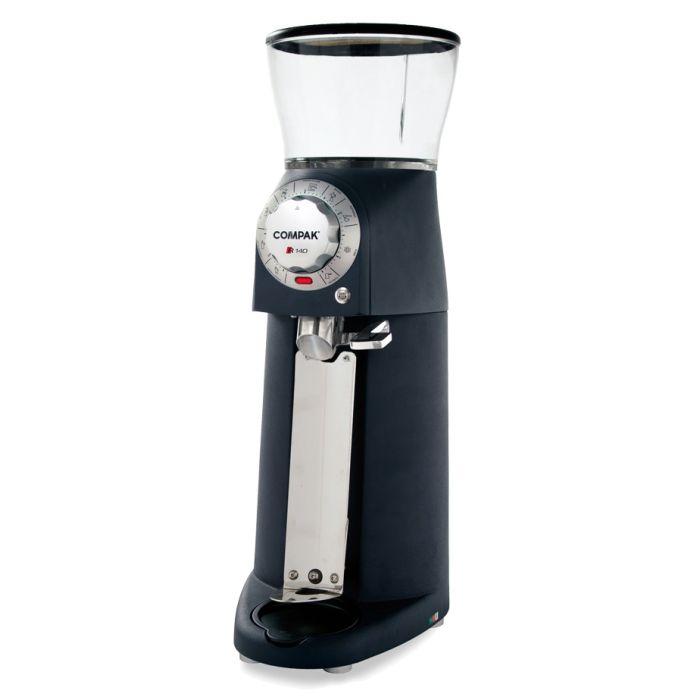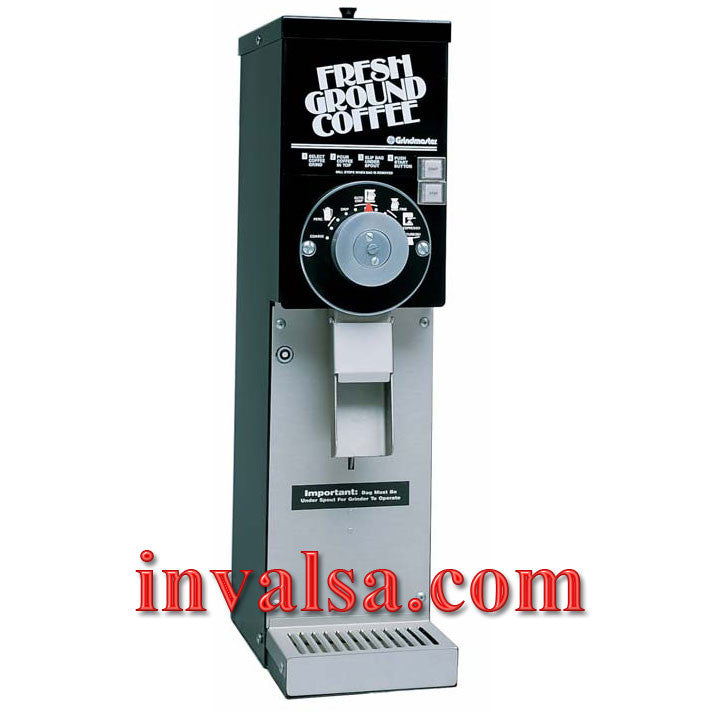Industrial Coffee Grinder: Top Features to Consider Before Purchasing
Industrial Coffee Grinder: Top Features to Consider Before Purchasing
Blog Article
Industrial Coffee Mill Guide: Boost Effectiveness and Top Quality
In the competitive landscape of coffee production, selecting the best industrial coffee mill plays an essential duty in improving both effectiveness and product top quality. Understanding the nuances of numerous grinder types and vital features-- such as adjustable work settings and durable building-- can considerably affect the final taste account of the coffee. Additionally, the optimization of the grinding process, coupled with attentive maintenance, is vital for sustaining performance gradually. As we discover these essential components, it ends up being apparent that the effects prolong past mere tools choice, affecting total company success in ways that require closer evaluation.
Comprehending Grinder Types
When picking a commercial coffee mill, understanding the different types readily available is crucial for enhancing both taste removal and operational efficiency. The two primary types of grinders are blade mills and burr grinders.

Ultimately, selecting the right kind of grinder is important to keeping top quality and efficiency in coffee production, making it crucial for services to spend in top quality burr mills for optimum results.
Key Functions to Take Into Consideration
Choosing a commercial coffee mill calls for careful factor to consider of several crucial attributes that can considerably affect both efficiency and the general coffee experience. Among the key aspects to examine is the grinding system. Burr grinders are usually favored over blade grinders, as they offer a consistent grind size, which is critical for optimal removal and taste.
An additional crucial feature is the grinder's capability. A functional mill with several settings enables you to customize the grind dimension to different developing methods, improving the coffee's flavor account.
Examine the mill's sound degree, especially in a busy coffee shop or production environment, where excessive noise can be disruptive. Spending in a grinder that balances these functions can greatly enhance both operational efficiency and the high quality of the coffee offered.
Optimizing Grinding Process
To achieve the most effective outcomes in coffee prep work, maximizing the grinding process is essential. The grind size significantly influences extraction, taste, and total quality of the brewed coffee. Different brewing approaches need details work sizes; for example, coffee demands a fine work, while French press requires a crude appearance. Understanding the connection in between work dimension and developing approach is the primary step in optimization.


In addition, checking the grinding rate can enhance the process. Slower grinding frequently generates less warmth, maintaining delicate tastes and aromas. On the other hand, much faster grinding may generate too much heat, negatively affecting the coffee's high quality.
Maintenance and Treatment Tips
Appropriate maintenance and care of industrial coffee grinders are crucial for ensuring ideal efficiency and longevity. Regular cleansing is the structure of maintenance; residue buildup can impact taste and grinding efficiency. It is suggested to clean up the mill after each use, cleaning down the outside and removing any coffee grounds from the burrs.
Furthermore, inspect the grinding burrs for deterioration. Dull burrs can endanger grind consistency, so they must be replaced as essential. Industrial Coffee Grinder. Regularly adjusting the mill is also critical, as this maintains the desired work dimension for different brewing techniques
Lubrication of moving components must be done according to the maker's specs, as this decreases friction and prolongs the life of the devices. It is important to use food-grade important site lubricating substances to ensure safety and conformity with wellness guidelines.
Finally, keep the mill in a steady and dry setting to avoid rust and rust. By adhering to these maintenance and treatment suggestions, operators can boost the effectiveness of their commercial coffee mills while making sure top quality output and expanded operational life.
Return on Investment Evaluation
Evaluating the roi (ROI) for commercial coffee mills is important for businesses looking for to maximize their coffee manufacturing capacities. A thorough ROI evaluation aids determine the financial practicality of purchasing top quality mills, permitting organizations to weigh the initial costs versus potential gains.
To conduct a thorough ROI evaluation, companies should take into consideration several crucial elements. Analyze the purchase rate of the mill, consisting of setup and any needed alterations to existing facilities. Next, compute operational costs, consisting of power usage, upkeep expenses, and labor performance enhancements. High-performance grinders typically result in decreased grinding time and boosted throughput, which can dramatically boost efficiency.
In addition, think about the effect on item quality. Industrial Coffee Grinder. Superior mills find out here yield an even more consistent work dimension, which can enhance flavor profiles and client satisfaction, inevitably driving sales. By increasing the quality of the last product, businesses can warrant higher rates, bring about boosted earnings
Conclusion
In summary, an industrial coffee grinder plays a critical function in improving both performance and product top quality within coffee production. By selecting top quality burr mills geared up with essential attributes such as adjustable work settings and long lasting building, companies can guarantee ideal taste removal. Routine upkeep is essential for sustaining mill efficiency and making the most of customer complete satisfaction. Eventually, the strategic financial investment in a dependable grinder adds considerably to enhanced income and competitiveness in the coffee industry.
In the affordable landscape of coffee production, choosing the ideal industrial coffee grinder plays a pivotal role in improving both effectiveness and product high quality. The 2 key types of grinders are blade grinders and burr grinders. Within the burr grinder classification, there are flat burr mills and conelike burr grinders, each with its advantages. Burr mills are usually chosen over blade grinders, as they supply a consistent work size, which is important for optimum extraction and flavor.
In recap, a commercial coffee grinder plays a useful source pivotal role in boosting both efficiency and product high quality within coffee production.
Report this page